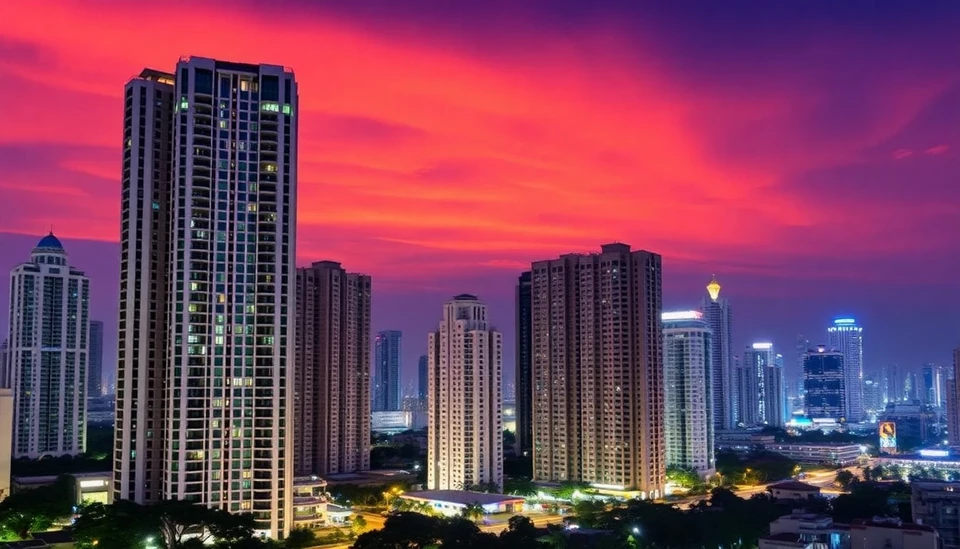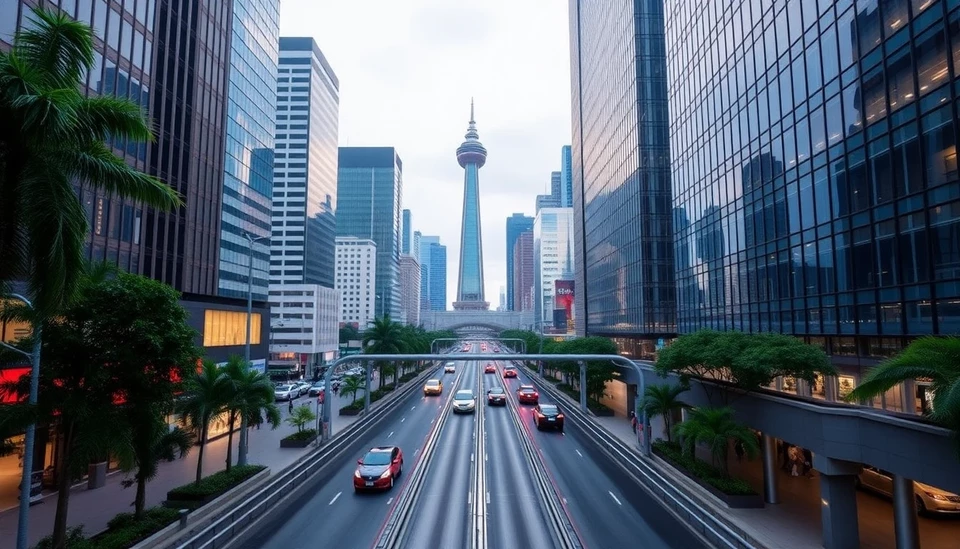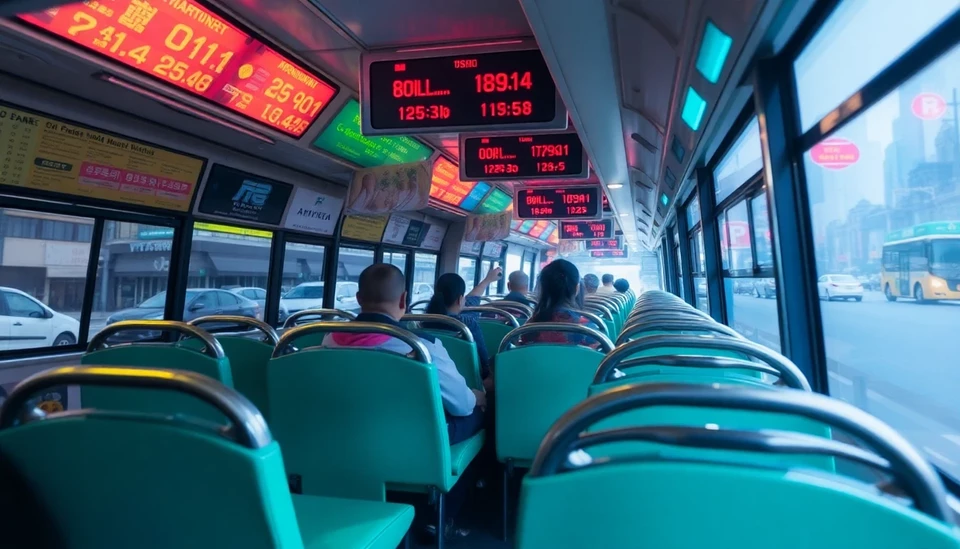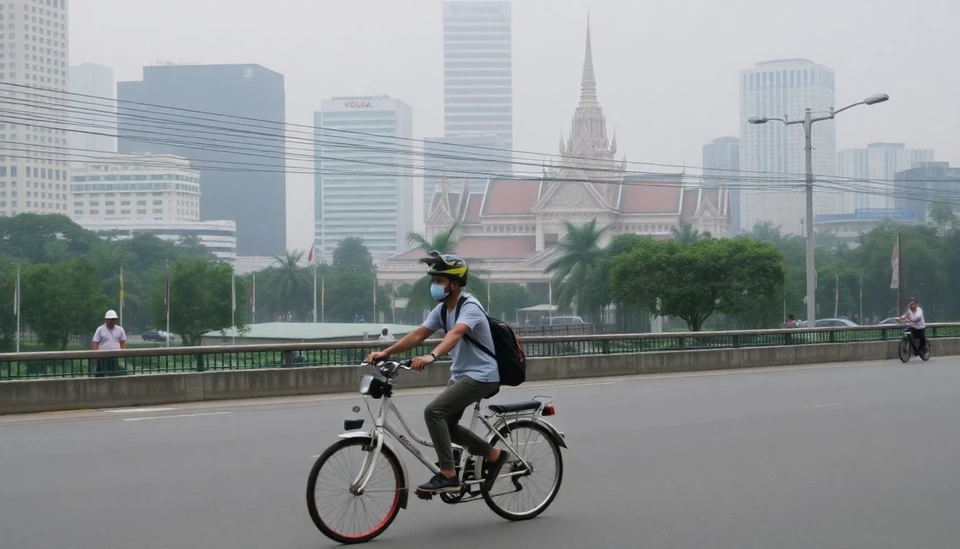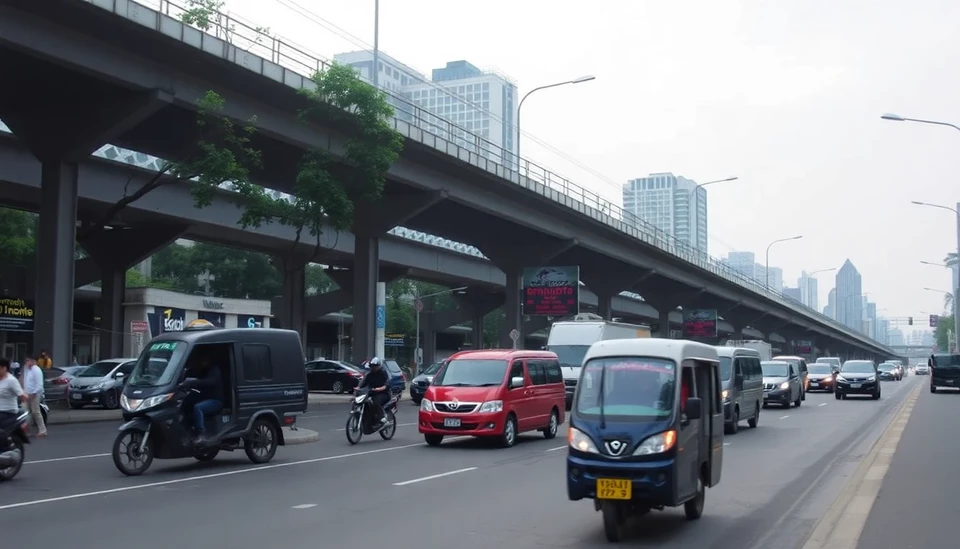
In a bold move to tackle the growing issues of air pollution and traffic congestion in Bangkok, Thai authorities are considering the implementation of a congestion fee. This initiative reflects an urgent need to address the deteriorating environmental conditions and improve the overall quality of life in one of Southeast Asia's most bustling cities.
Bangkok, notorious for its gridlocked streets and alarming air quality, has been grappling with these challenges for years. With the population exceeding 10 million, the city's roadways have been overwhelmed, leading to daily traffic jams that can stretch for kilometers. The situation not only affects the daily commutes of residents but also poses serious health risks due to elevated levels of pollutants.
The proposal for a congestion fee is positioned as part of a broader strategy by the government to reduce vehicular emissions and shift towards a more sustainable urban transport model. The fee would be designed to deter individual car usage, encouraging residents to utilize public transport, which is expected to be improved in conjunction with the fee's introduction.
Government officials are evaluating various models for the congestion fee, including the possibility of charging motorists a toll to enter the city center during peak hours. Similar systems have been successfully implemented in other major cities around the globe, yielding significant reductions in both traffic and pollution levels. London and Singapore, for instance, have reported improvements in air quality and a decline in the number of vehicles on the road since the adoption of such measures.
Timeline and details regarding the implementation of this congestion fee are still in the works. The authorities are currently gathering public opinion and expert feedback to ensure that the plan is both effective and fair to residents. City planners emphasize the importance of accompanying this fee with enhancements to public transportation, including buses, subways, and rail systems, to provide viable alternatives to driving.
The proposal has evoked mixed reactions from the public. Some citizens embrace the idea, hoping it will lead to cleaner air and better traffic conditions, while others express concern about the potential financial burden on low-income drivers who may rely on personal vehicles for their daily commute.
Regardless of public sentiment, experts agree that without intervention, Bangkok's pollution levels will continue to rise, exacerbating global concerns regarding climate change and public health. The government faces an urgent challenge to balance economic growth with environmental responsibility and public well-being.
As discussions unfold, stakeholders from various sectors, including transport, health, and environmental agencies, are expected to play a vital role in shaping the final approach taken by the Thai government.
In conclusion, the potential introduction of a congestion fee in Bangkok signifies a critical step towards addressing the longstanding issues of traffic congestion and air pollution. With the right measures in place, this could herald a new era of urban sustainability for one of Asia's key cities.
#Bangkok #Thailand #TrafficCongestion #Pollution #Sustainability #UrbanTransport #PublicHealth #GlobalWarming
Author: Megan Clarke
